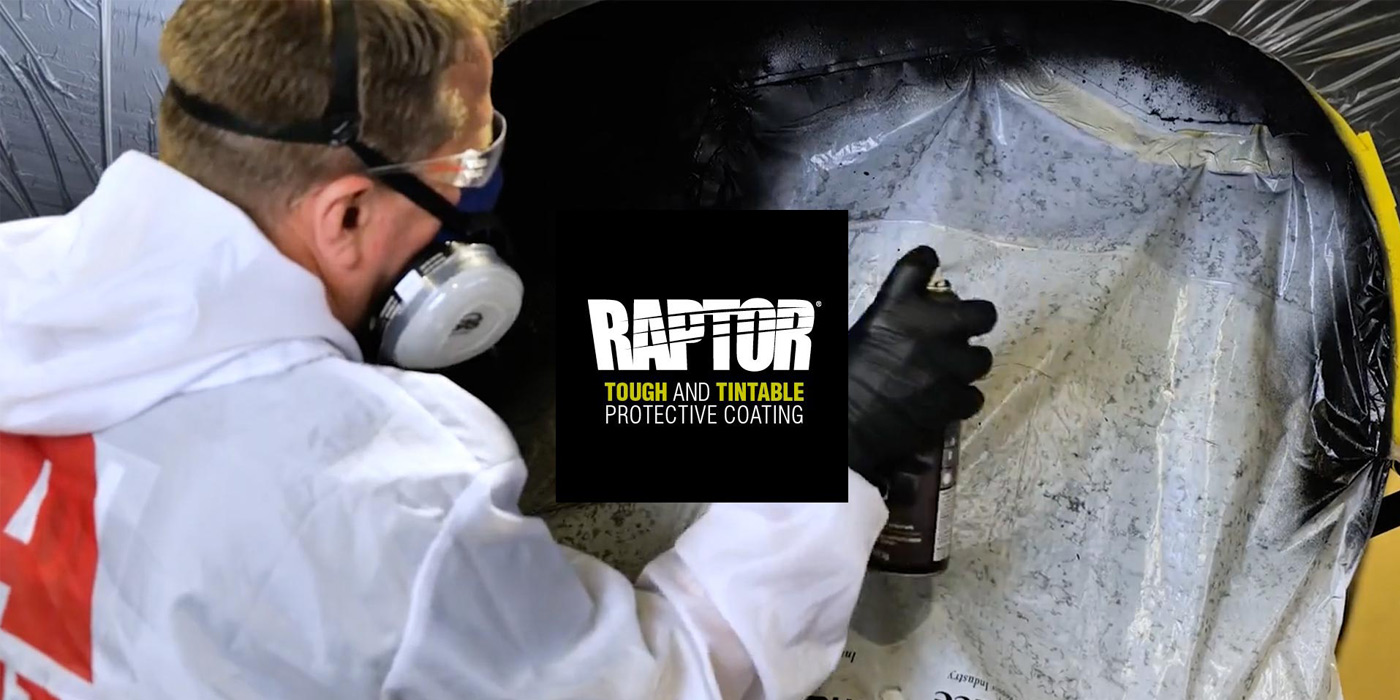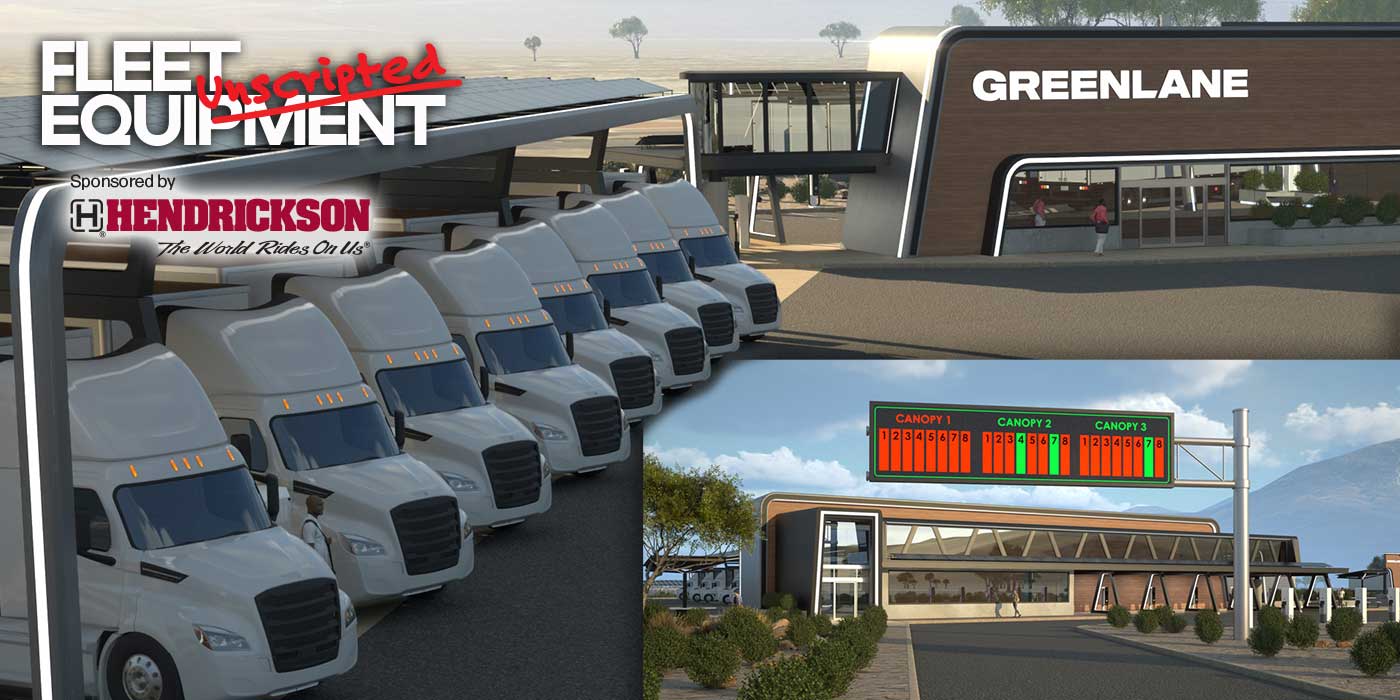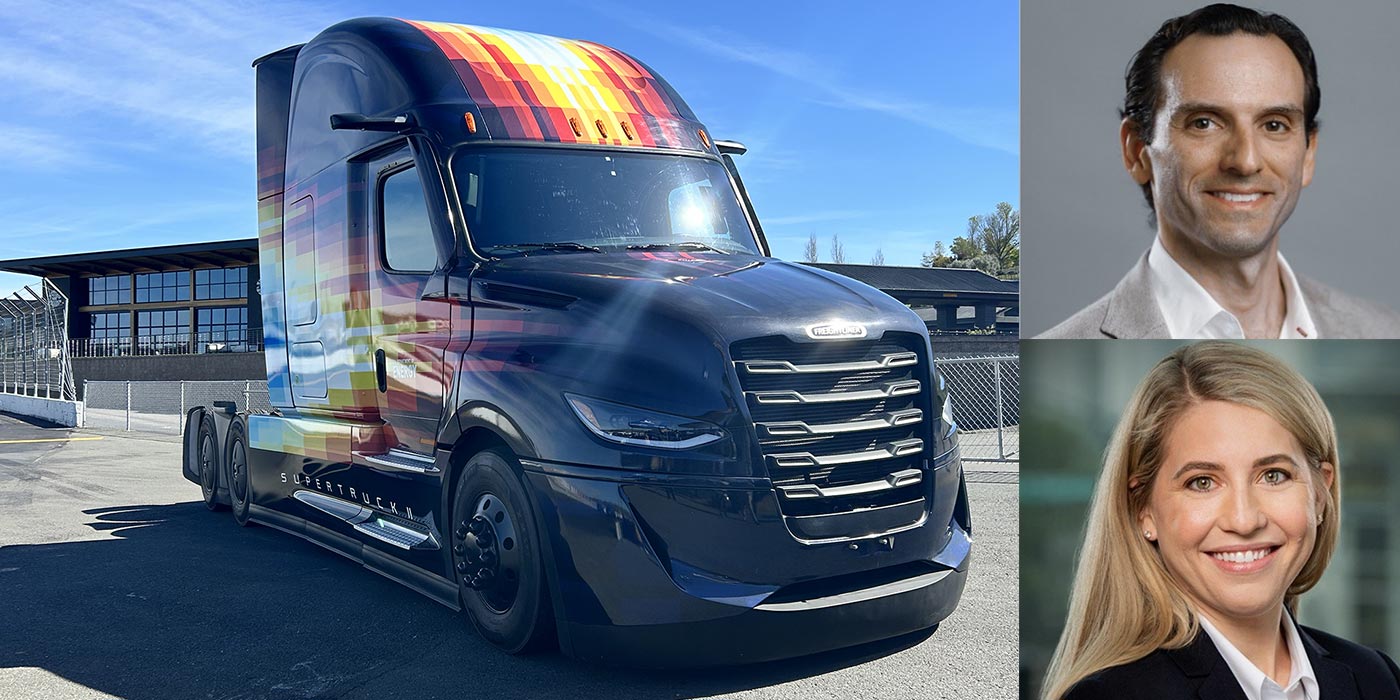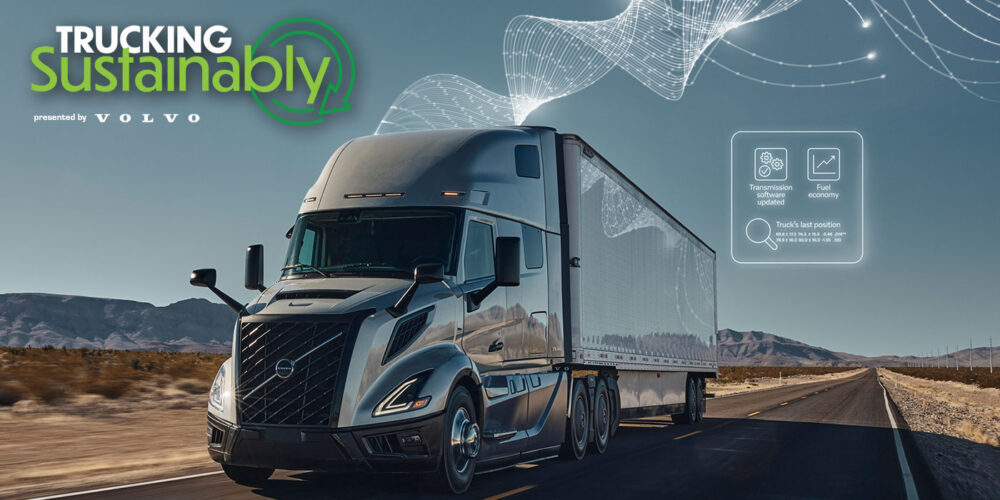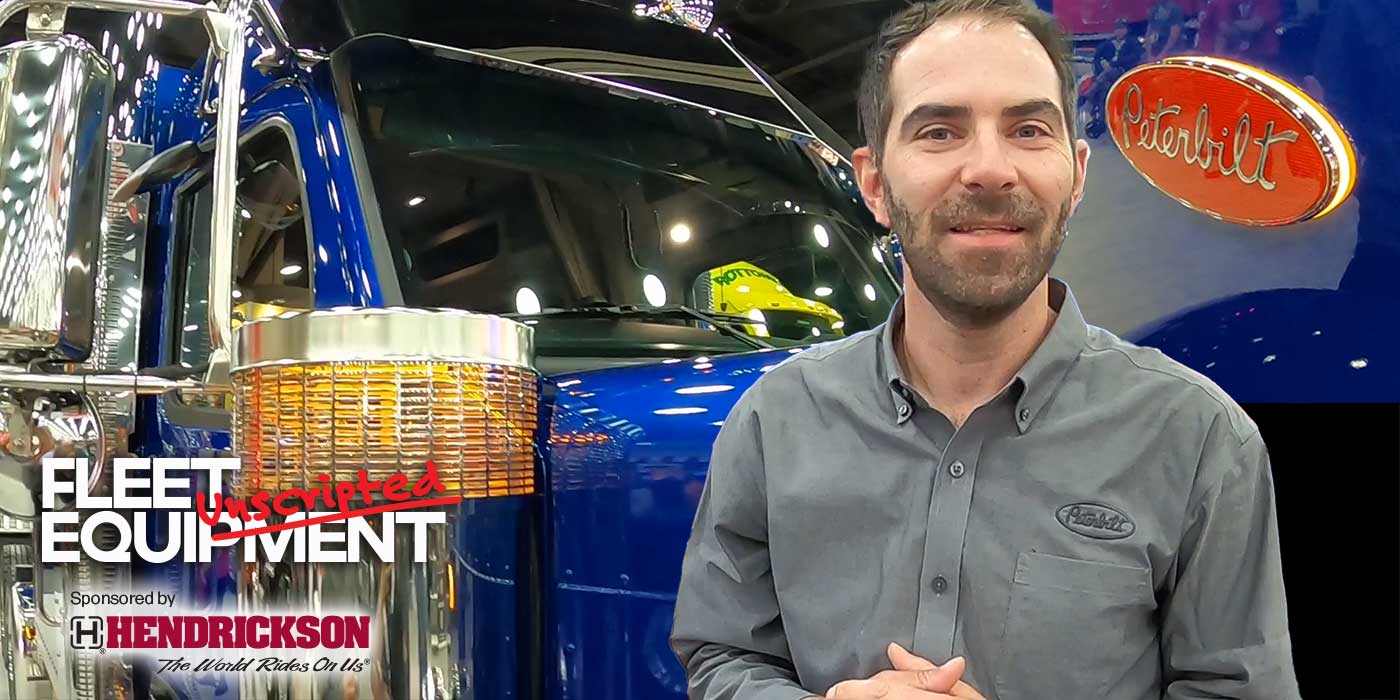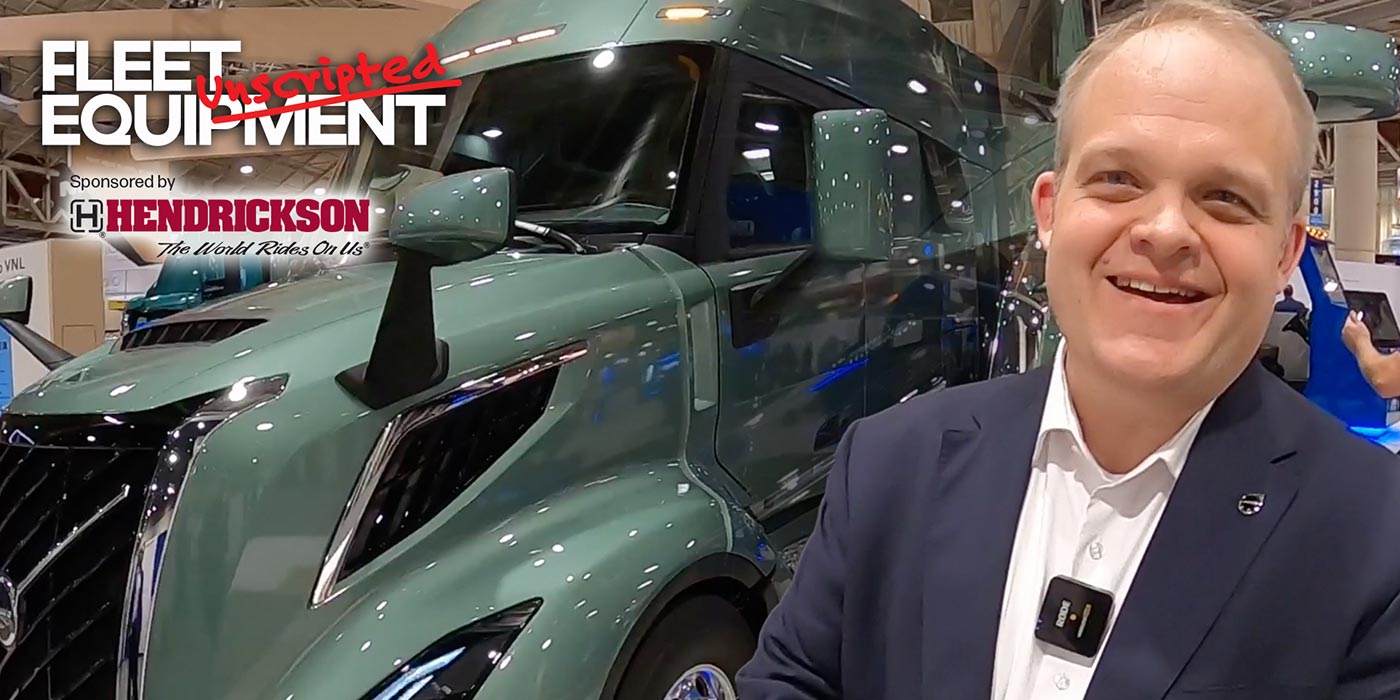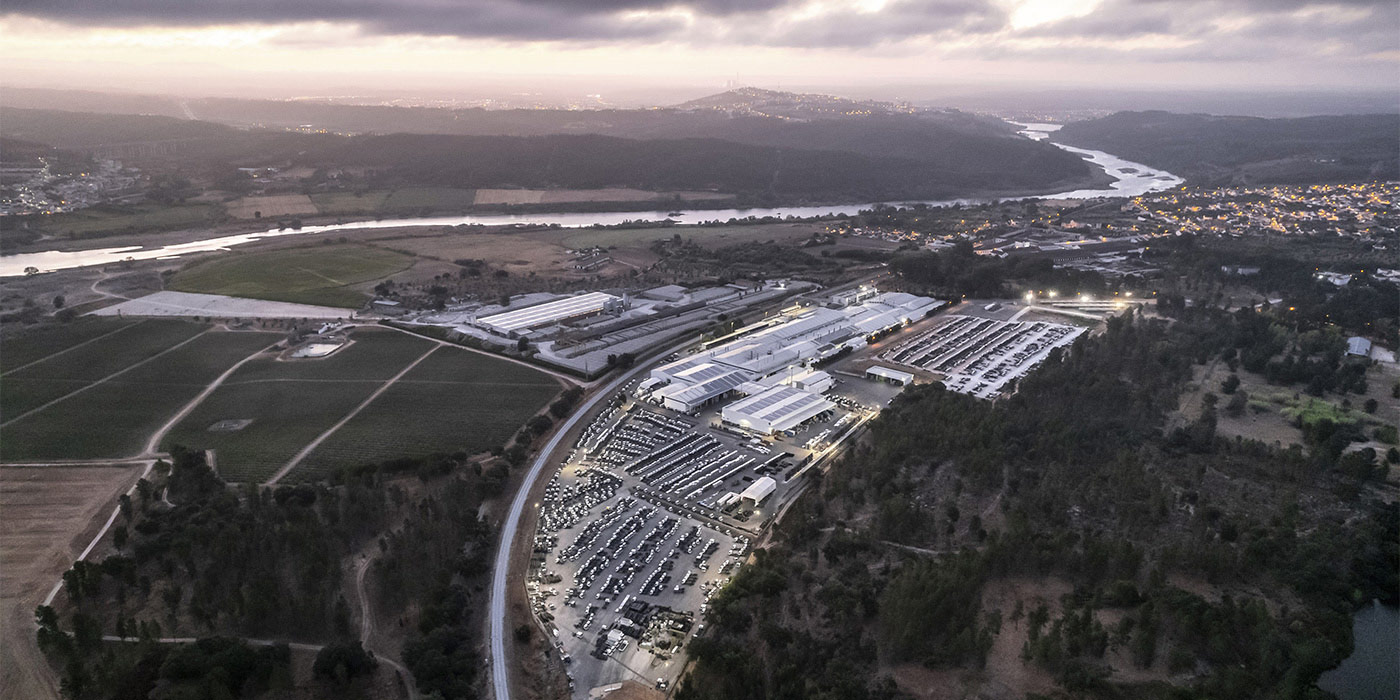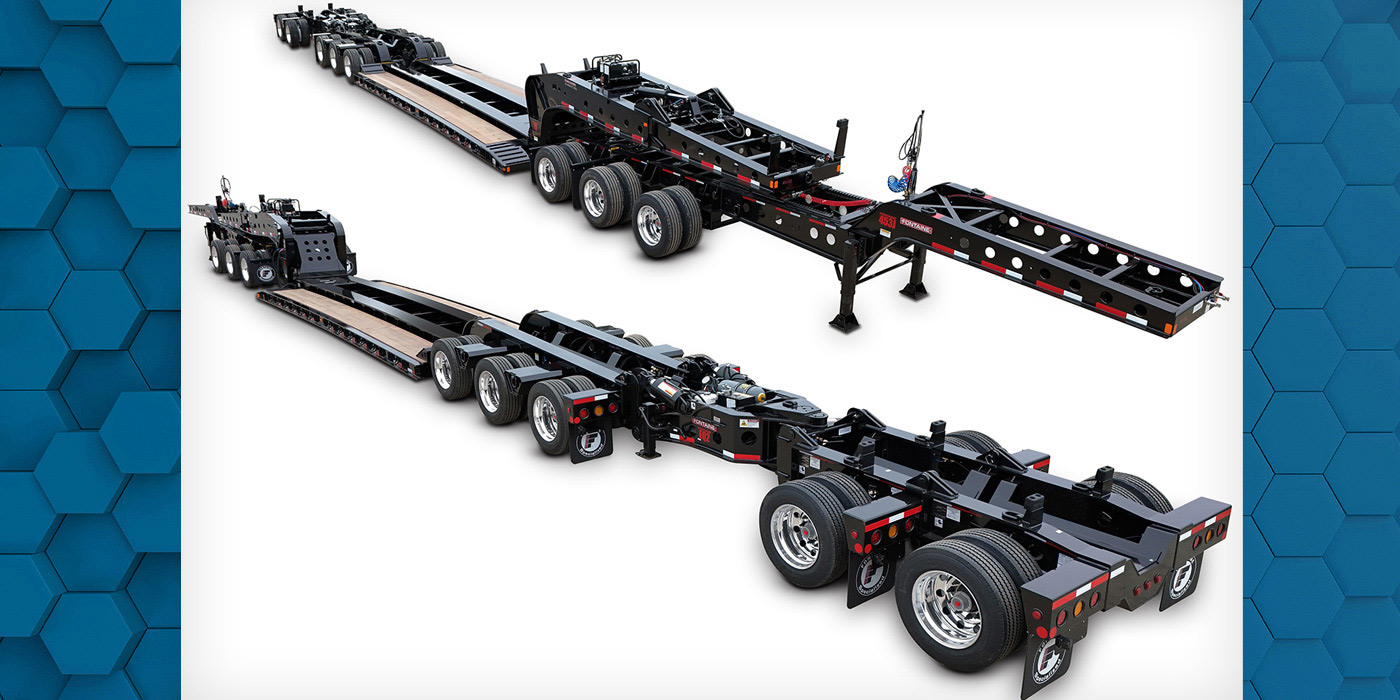It’s surprising how differently tractors and trailers are developed given how closely linked they are. Even though tractors are specifically manufactured to operate more efficiently with a trailer attached, the two manufacturing worlds have been mostly separate. Sustainability efforts, however, are starting to bring them together. After all, if you decarbonize the tractor by going all-electric, then it doesn’t make much sense to continue burning diesel in transportation refrigeration units. We’ve talked about how those components are going electric, but what about the trailer itself? What can it bring to the sustainability table?
One aspect often overlooked in decarbonization conversations is the weight of trailers and its impact on efficiency. By reducing the weight of trailers, fleet managers can improve fuel economy and decrease carbon emissions. Lighter trailers contribute to the overall goal of burning less fuel, which is a significant step towards sustainability and reducing the carbon footprint of fleet operations.
Developing lighter-weight trailer materials can go hand in hand with increased thermal efficiency. If your trailers stay cooler longer, then you reduce the effort from the TRU to cool it maintain the temperature and, thus, use less electric battery power to do so.
“For battery-powered TRUs, it is the size of the battery that we can impact with better thermal performance,” noted Robert Lane, vice president of product innovation at Wabash. By minimizing heat transfer and maintaining optimal thermal conditions within the trailer, energy consumption can be reduced, thereby extending the range and run-time of electric trailer refrigeration units, he confirmed.
In the pursuit of sustainable solutions, trailer OEMs are forming closer relationships with TRU manufacturers. Traditionally, trailer OEMs and TRU companies had limited collaboration, but the shift towards electric TRUs necessitates a more collaborative approach. Trailer OEMs, such as Wabash, are now working closely with TRU manufacturers to share insights, innovations and developments related to electrification. This collaborative relationship acknowledges that refrigerated transportation is a system that requires coordination among various components, including the trailer, TRU and power source.
Watch the video above for the full conversation that offers a glimpse into the future of trailers and how they’ll help fleets meet sustainability goals.
No script? No plan? No problem. Welcome to Fleet Equipment Unscripted—the video interview series that connects you with the greatest minds in the heavy-duty trucking world. Fleet Equipment Unscripted is sponsored by Hendrickson.



